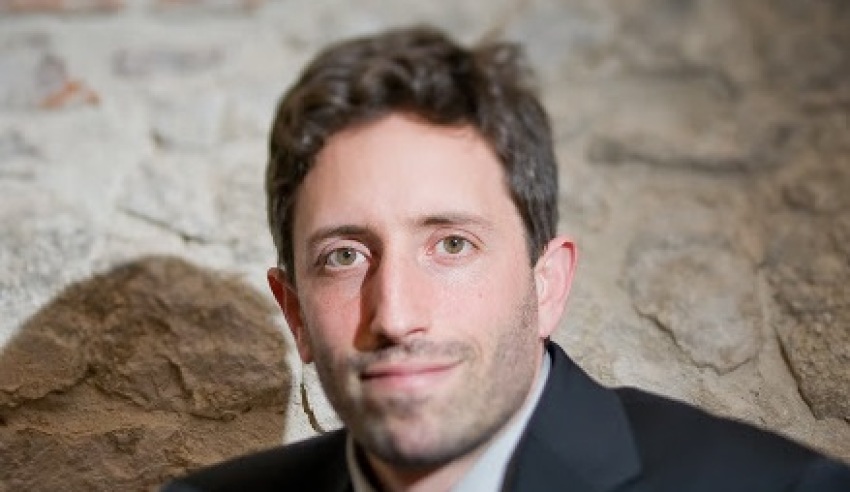Sydney-based space company Saber Astronautics has been voted one of the top 20 new space companies in the world in a survey conducted by the NewSpace People websites.
To continue reading the rest of this article, please log in.
Create free account to get unlimited news articles and more!
Saber, run by former US Army space support team leader Jason Held, produces space flight operations software.
The company said its aims is to reduce the barriers to entry to space by making space control so easy “your kids can use them”.
NewSpace People, which describes itself as the space industry’s fastest growing network, invited members to vote for new companies, with Saber making it into the top 20 throughout the world.
Dr Held told Defence Connect entrepreneurial space had grown up very quickly.
“It's also an opportunity for Australia to enter the game and build capability that's local and domestic, so we could catch up to other major powers, and get some of that capability, grow it locally and make it really respond in the way we want it to respond,” he said.
Dr Held said the opportunities for Australia would occur over the long term in the field of small satellites.
“This is going to be massive. We're talking an industry growing from scratch up to two billion over the course of five to 10 years, and a lot of that growth is south-east Asia and Australia is perfectly positioned to be a part of that,” he said.
He said there were some people in Australia who’d been in the space sector for 40 years and it attracted others who really loved this field.
“You've got engineers who love to build, and space is one of those fields that it's just a tough environment. That makes it fun for people who are builders,” Dr Held said.
“You've got a very interesting crowd of foreigners who come in, kind of like myself, and settle in Australia and who've got space backgrounds. We've brought some of those skillsets here and formed relationships with others. You've got a bit of a melting pot in that sense.”
Dr Held said that when he was in US Space Command, spacecraft ranged from the size of a small car up to a Greyhound bus.
“They cost anywhere from a half a billion to two and a half billion dollars,” he said.
“Today there are classes of spacecraft called cube-sats and micro-sats, about the size of your telephone, all the way up to the size of a backpack, or maybe your little drinks fridge.”

 Login
Login







